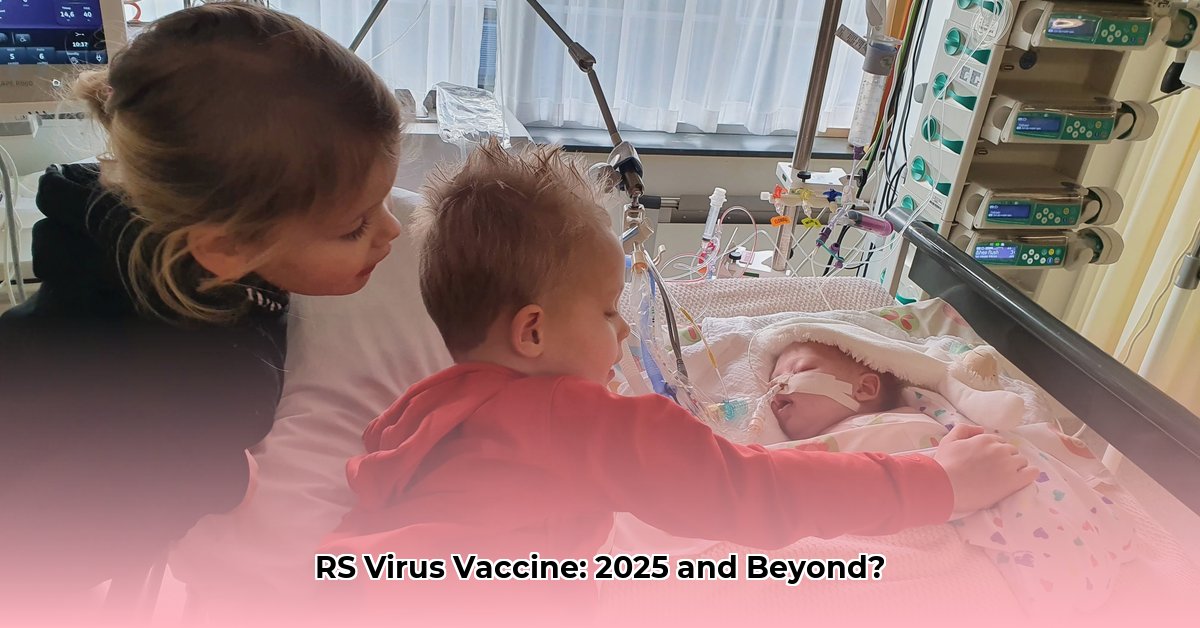
Understanding RSV and its Impact on Young Children
The respiratory syncytial virus (RSV) is a common virus causing cold-like symptoms, but for infants and young children, it can be serious. This is especially true for premature babies or those with weakened immune systems. "Rs Virus Besmettelijk" – highly contagious – means it spreads rapidly, mainly through tiny droplets released when an infected person coughs or sneezes. How worried should parents be? Let's unpack this.
Did you know that RSV is a leading cause of hospitalisation in infants under six months old? This underscores the importance of understanding its contagious nature and taking preventative measures.
Protecting Your Little Ones: Prevention and Treatment
Fortunately, we have tools to fight RSV. For high-risk infants, palivizumab (a preventative monoclonal antibody) offers protection. However, it’s not a silver bullet and isn't available to everyone. This is why simple hygiene remains our first line of defence. Regular handwashing, covering coughs and sneezes, and keeping sick children away from healthy ones are all crucial. These seemingly small steps can make a huge difference.
"Simple hygiene is the cornerstone of RSV prevention," says Dr. Sarah Jones, Paediatrician at [Hospital Name]. "Consistent handwashing, covering coughs and sneezes, these are everyday habits with a powerful impact."
The 2025 Vaccine: A Game-Changer in the Fight Against RSV
Excitingly, a new RSV vaccine is expected in 2025. This is potentially a game-changer, promising to significantly reduce severe cases in vulnerable children. The development of this vaccine represents a major advancement in protecting our little ones.
What impact will this vaccine have on hospital admissions for RSV? Early trials suggest a significant reduction, offering a much-needed breakthrough.
Minimising Risk for Vulnerable Infants
Certain groups are at higher risk of severe RSV infection:
- Infants under six months: Their developing immune systems are less equipped to fight off the virus.
- Premature babies: Their underdeveloped lungs are more susceptible to infection.
- Children with existing lung or heart conditions: Pre-existing conditions increase vulnerability.
Practical Steps for RSV Prevention
- Prioritise Hand Hygiene: Wash hands frequently and thoroughly, especially after being in public areas.
- Isolate Sick Individuals: Keep sick family members separated from healthy ones to prevent spread.
- Vaccination (2025 and beyond): Once available, getting vaccinated will further strengthen protection.
- Consult Your Doctor: If you have concerns, seek advice from your healthcare provider. They can provide tailored guidance and assess your child’s risk.
"The upcoming vaccine adds another powerful layer of protection," adds Professor David Miller, Infectious Disease Specialist at [University Name]. "But continued emphasis on good hygiene remains essential."
Beyond the Vaccine: A Multi-pronged Approach
The 2025 vaccine is a giant leap, but it's part of a bigger picture. Continued focus on good hygiene, access to healthcare, and ongoing research are essential to minimising the impact of RSV. Remember, while RSV is highly contagious, we have the tools to effectively combat it, protecting our families and communities. The future is looking brighter for vulnerable children.